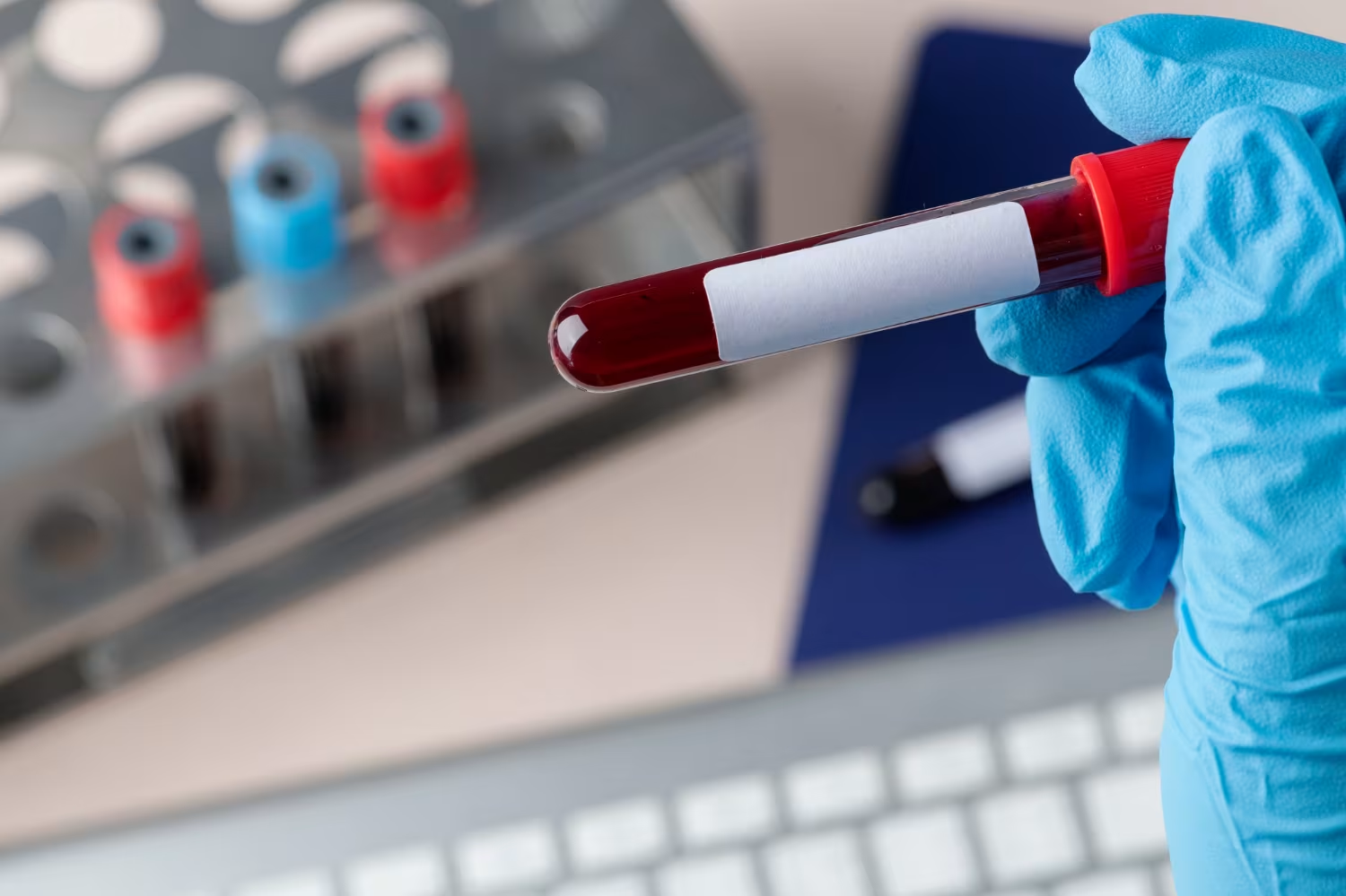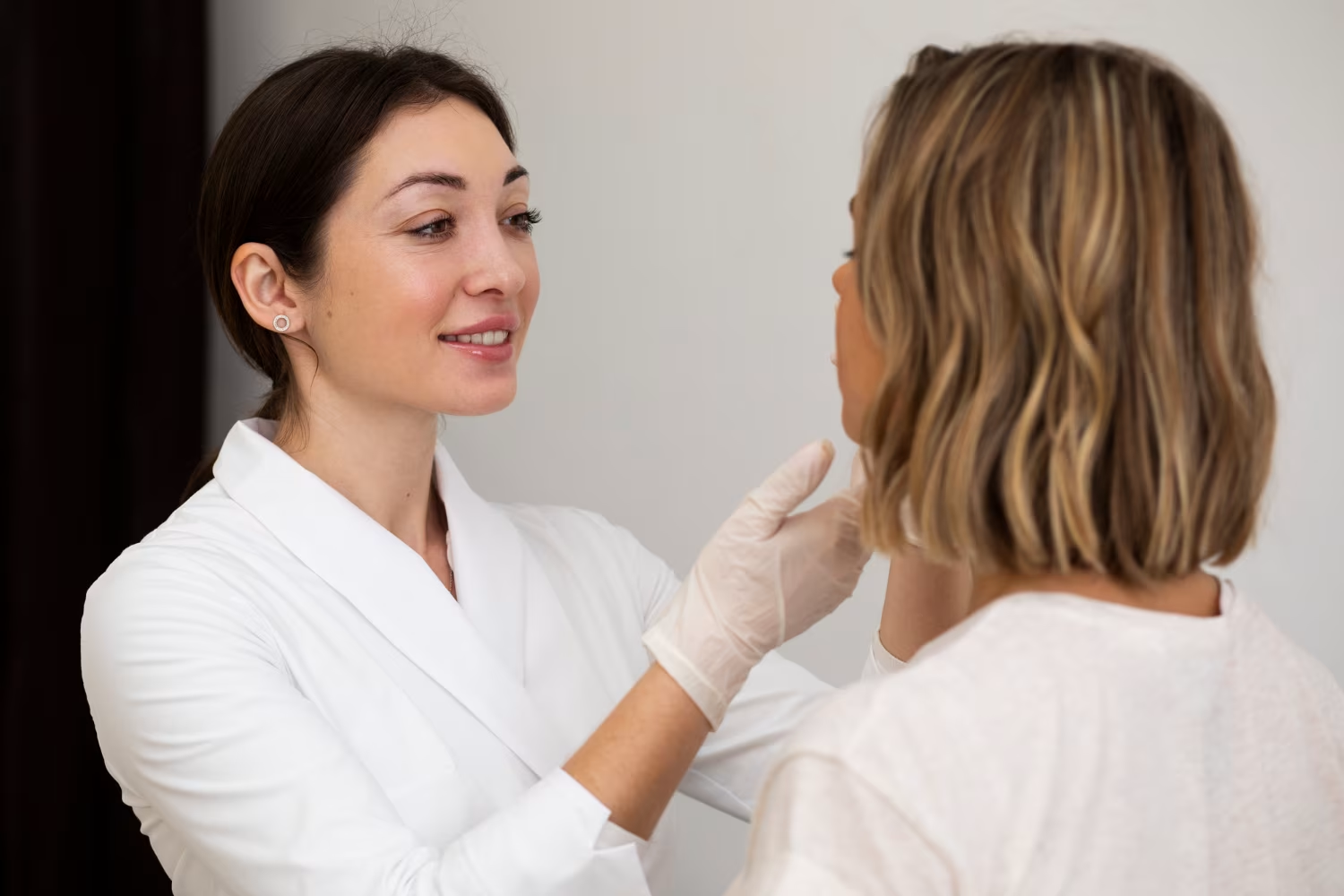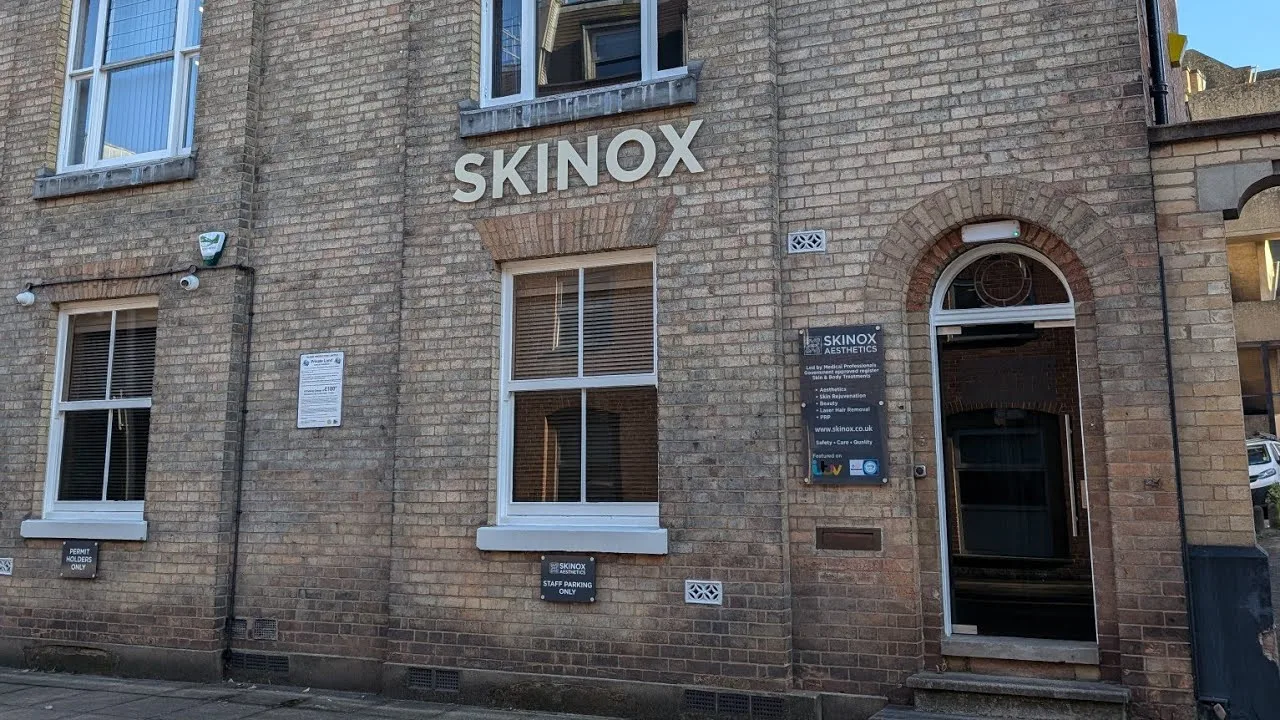
DNA testing has come a long way since it was first used in the 1980s. Today, it's not just about crime dramas or lab experiments — it's a practical tool you can use to learn more about your family, your health, and even your legal rights. Whether you're curious about an ancestry DNA test, confirming paternity, or checking sibling relationships, there are plenty of options out there.
In this guide, we’ll break down how DNA tests work, how accurate they are, how much they cost, and what you can find out — even during pregnancy.
DNA (deoxyribonucleic acid) is the genetic blueprint of who we are. A DNA test compares specific parts of your genetic code to someone else’s to see how closely you're related.
Most DNA tests are quick and painless — often just a simple cheek swab. Lab specialists then compare the DNA samples to check for matching markers.
People get DNA tests for all sorts of reasons, including:
You can explore our private DNA testing services to see what might suit your situation.
DNA testing first emerged in 1984, when Sir Alec Jeffreys developed DNA profiling at the University of Leicester. Since then, technology has evolved dramatically, making testing faster, more accurate, and more accessible to the general public.
A paternity test helps confirm if someone is the biological father of a child. It’s commonly used for legal cases, child support, or peace of mind. These can be done:
Yes! You can do a DNA test before birth, starting from the 8th week of pregnancy. Options include:
A sibling DNA test checks if individuals share one or both biological parents. These tests can be helpful in adoption cases, family reunions, or when a parent is unavailable for testing.
Wondering how we can do a DNA test? It's easier than ever:
At Private Medical Clinic, we offer fully accredited laboratory testing for both legal and private DNA purposes.
Note: DNA testing isn’t usually covered by the NHS or private insurance unless it's medically necessary.
DNA testing is highly accurate. Paternity tests are typically 99.9% accurate. However, errors can happen if the samples are contaminated or the lab isn’t accredited, which brings us to an important question…
While rare, DNA paternity test results can be wrong if:
Always choose a lab that’s accredited by organisations like the AABB (American Association of Blood Banks).
Need help booking a test with a trusted provider? Book an appointment with us today.
An ancestry DNA test can reveal:
Some tests even estimate how much of your DNA is linked to different global populations — from African heritage to Scandinavian roots.
Sadly, not all DNA tests are legitimate. Here's how to spot a fake DNA test result:
Choose a trusted clinic like ours for accurate and professional testing.
Most are 95–99% accurate, depending on the database size and genetic markers analysed. Always choose a test from a reputable lab.
Yes – they can connect you with relatives who’ve taken the same test, helping build your family tree.
No. These tests are not court-admissible. For legal matters, use a certified paternity or relationship test.
Yes – but they’re different from paternity tests. You can safely do an ancestry test after birth, or use a noninvasive prenatal test to check paternity.
Whether you're exploring your roots with an ancestry DNA test, confirming family ties, or planning for your child’s future, DNA testing offers clarity, peace of mind, and sometimes even life-changing answers. From pregnancy to adulthood, there’s a test to suit your needs.
At Private Medical Clinic, we offer confidential, reliable DNA testing services with full support from start to finish. If you're unsure where to start, speak to our team today — we're here to help.





